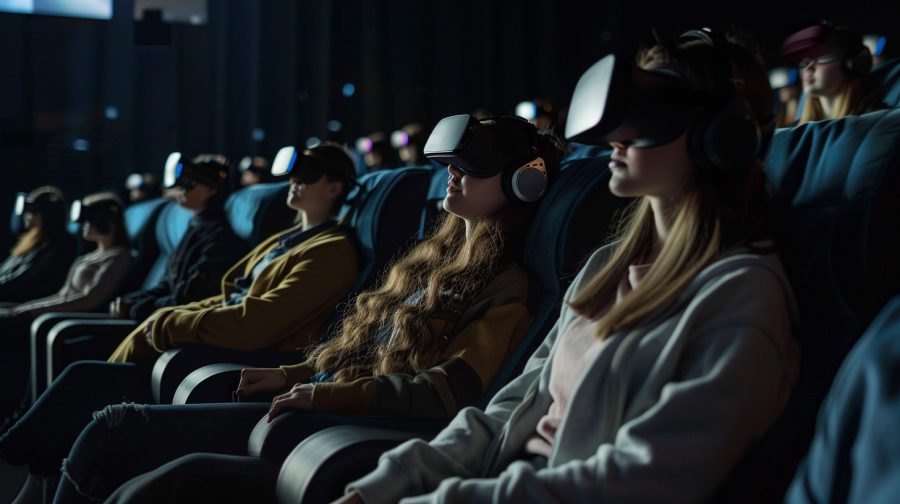Data about the geographic locations of people and things will in the near-term future become a massive flow of sensor, satellite and citizen input made freely available to developers through government and other collaboration programs. It will be available in real time, to and from mobile devices, and be machine processed to pick out objects and patterns that can be used as hooks for mashups.

That’s the vision of geospatial specialist Matt Ball, articulated in a high-value blog post today titled How will the geospatial data market evolve over the next ten years? The post provides a great look at the way the future may take shape, if current trends unfold as expected.
“The next ten years,” Ball writes, “will be a time of many changes, but will also bring a greater empowerment of the GIS [geographic information systems] user given the amount of available data, with much of it for free.”
Volunteered Data
Ball points to Open Street Map as a free, collaborative location platform that “nearly matches that of the commercial providers, and in some cases it surpasses it for accuracy and level of detail.”
Open Street Map is a good example of an emerging location platform. See, for example, TopOSM, a collection of topographical maps based on Open Street Map. Blogger Leszek Pawlowicz described the state of that project in detail last month.
Along with web-based volunteered data, mobile is aimed to become a force of deep disruption. Ball puts it very well, like this:
The better location precision of these devices will help greatly in both the collection of accurate geospatial data, and the delivery of helpful location-aware applications. The mobile platforms are quickly dwarfing all other computing platforms in terms of their number, and their pace of innovation. This trend will continue to the point where we have less robust computing platforms, but much greater connectivity to each other and the details that are of interest to us.
Higher-Level Developments
Ball also offers inspiring descriptions of the rise of sensor data, machine processing (“machine learning and automated extraction tools that pull information from data”), real-time data, standards and government mashup contests. (To take a peek into the conversation about remote sensing and machine extraction of geographic entities for mapping, check out this forthcoming conference by the International Cartographic Association in November.)
The resulting landscape is one that could look like this, he says: “The ‘app for that’ mentality could easily take hold toward a ‘data for that’ ability, with the software developer orchestrating the different data feeds in order to create custom solutions.”
It’s an awesome vision of location data as a platform for innovation, something we’ve discussed before specifically in reference to location based social networks and aerial surveillance video APIs.
Ball believes this will emerge as a key area of specialization, knowledge work and innovation. We’re apt to agree, which is why we track developments in location technology closely and so appreciate articulations like Ball’s of the space.
Additional reporting by Justin Houk.










